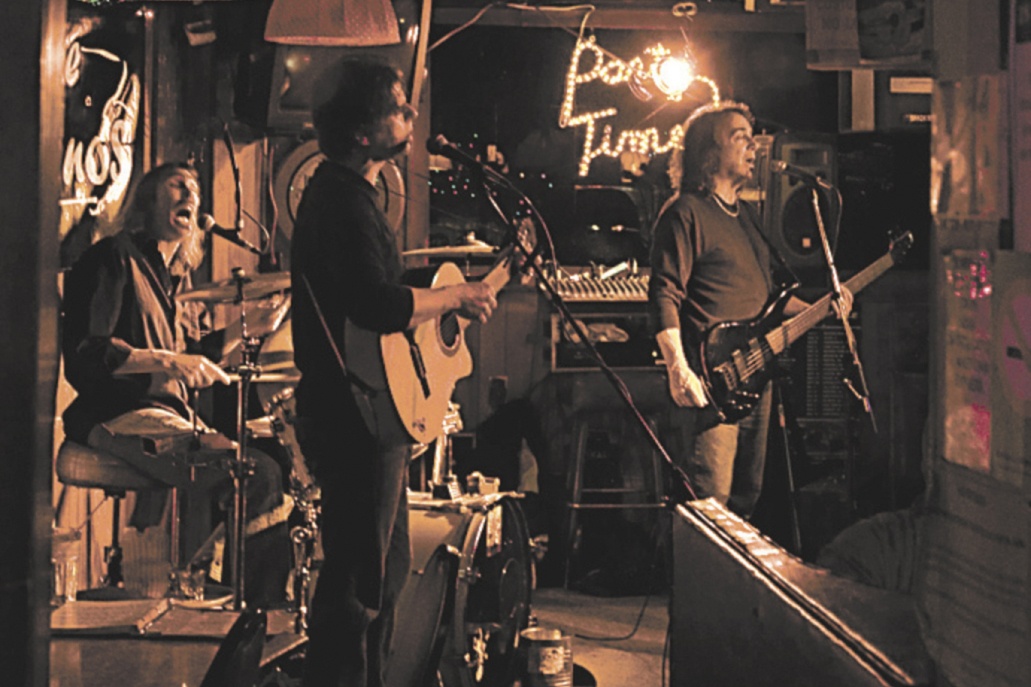When discussing the seeming triumph of Shorty’s over the forces of international development investment—a triumph capped off when city officials declared the building next to the bar a historic property, thus scuttling a plan to tear down the block and erect an apartment complex—Avout vander Werf is quick to dispel any notion that his little pinball hall has been saved from the wrecking ball.
A reprieve? Sure. But in the long term, Seattle has no mechanism to save beloved businesses from jacked rents or outright demolition, and not even as much power to save historic buildings as some may believe.
“A historic landmark could mean they just put a plaque up, or restore it to a T, or anything in between,” vander Werf told Seattle Weekly over the summer. By his estimation, city laws are too weak in addressing what should be saved from development. “There should be a way to say no, this [business] is important to us, that it’s not just money. We want a little bit of color in our life.”
Much of the same mind, councilmember Lisa Herbold is pursuing a $100,000 provision in this year’s city budget to study how Seattle might implement a “legacy business program” that could “preserve businesses that contribute to the city’s unique culture and character and are at risk of being lost.” Like vander Werf—who is not involved in Herbold’s efforts—Herbold is more raising the question of how legacy businesses can be saved than charting a definite course of how such a program could work. Such a program would be rife with challenges, among them grappling with the seemingly arbitrary question as to what defines a legacy business in the first place. An effort of this sort may also invite cries of anti-development NIMBYism.
But by simply raising the question, Herbold has brought together a diverse coalition of writers, historic preservationists, and Duwamish tribal representatives who all share an interest in checking the development that is consuming every corner of Seattle. “Neighborhoods are facing transformation—that’s good—but within that transformation we need to maintain a bridge to our past and these challenges exist for our … quirky, classic businesses that add character to city life,” Herbold said during a budget hearing last week.
Bruce Rutledge is the publisher at Chin Music Press in Pike Place Market, and has become involved with the legacy business effort through an upcoming book out on Chin Music, Ghosts of Seattle Past. The book is an anthology of essays from Seattle residents looking back on places “loved and missed in a rapidly evolving city.”
“I live in Magnolia. I know all about NIMBY,” Rutledge says. “I realize cities have to evolve, change is inevitable. What we are hoping for is a voice, a reasoned approach … We’re recognizing the problem and think some thoughtful conversation could make the next iteration of Seattle even better.”
Jaimee Garbacik, who is curating the Ghosts anthology, rejects the idea that it’s impossible—or wrong—for a city to determine what businesses have legacies worth preserving. It’s “not an amorphous and impossible task. It simply requires getting one’s hands dirty on the grassroots level, having real conversations with our neighbors about their needs, their values, their losses, their culture.”
Others coming out in favor of Herbold’s efforts include Mike Seely, author of Seattle’s Best Dive Bars (and former editor of Seattle Weekly), who noted in testimony that one-third of the bars listed in his 2009 book have since closed; and Ken Workman, a Duwamish Tribal Councilmember. Workman told the Council last week that the Duwamish believe their ancestors live on in the forests, and thus in the lumber that built Seattle. “We support this study on legacy because our people are down in those timbers in the waterfront; they are in the ancient buildings around here,” he said.
Seattle is not the only city grappling with how to welcome development without losing what it already has. Herbold notes that London is investigating how it can save its English pubs, and Paris its bookstores. San Francisco last year launched a legacy-business program that provides grants to qualifying businesses—which must be 30 years old or older and must agree to preserve historic aspects of its business.
That setup may not be right for Seattle, Herbold suggests in an interview, hence the $100,000 study of what Seattle would want.
“It’s a mistake for a bunch of bureaucrats to decide what is of value to a particular geographic or demographic community,” she says. “What I envision is that a legacy business program could be a tool to allow communities to come together and articulate [to us] what businesses have historic and cultural meaning to their individual communities.”
dperson@seattleweekly.com








